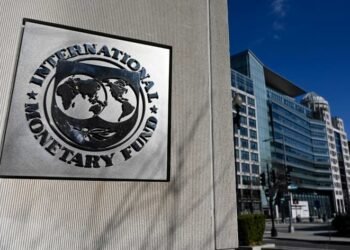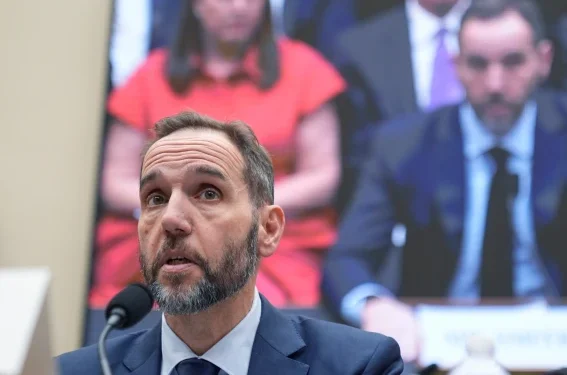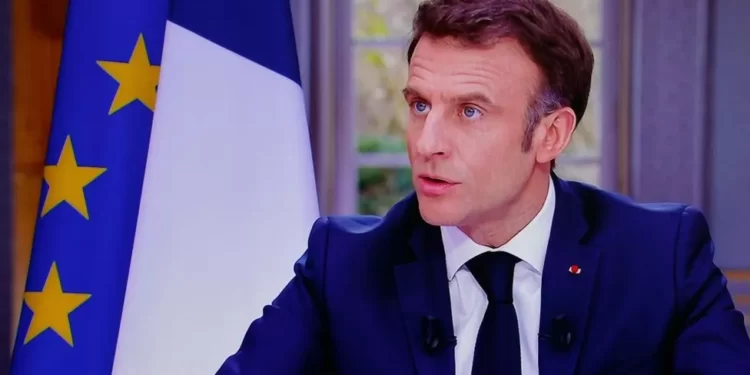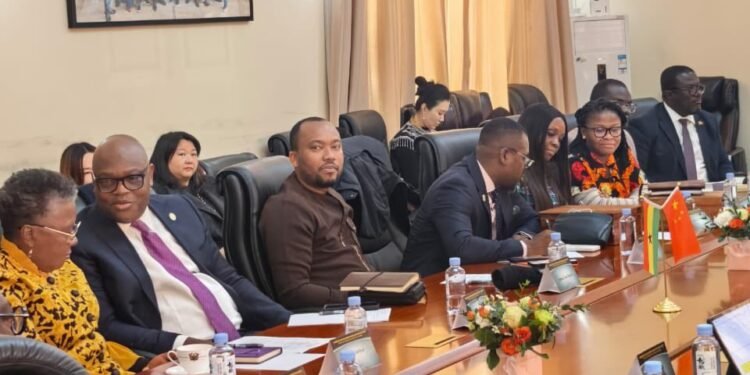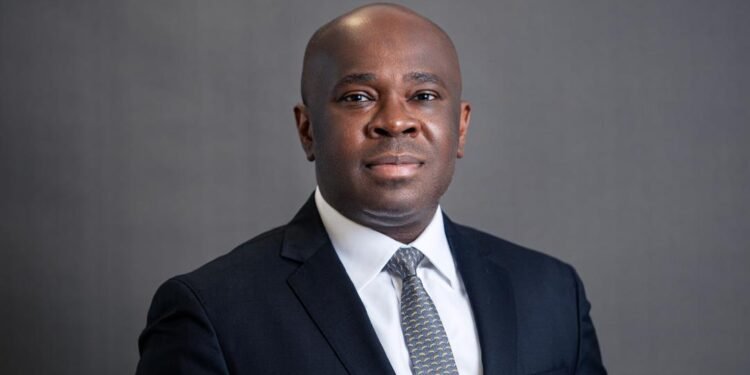The Institute of Economic Affairs (IEA) has called for the establishment of a Currency Board (CB) to minimize Central Bank’s lending to the government, a move it believes will stabilize the cedi and prevent instability in the economy in times of shocks.
According to the Institute, since the Currency Board system has limited inflation, the currency does not depreciate and balance of payments crises are rare.
“You see, a Currency Board (CB) is a rigid monetary management system that is hedged in strict rules, with little room for discretion. The CB does not lend to government and it covers its currency fully by foreign exchange.”
“This is close to the system in our Francophone neighbours, who restrict their Central Bank lending to governments and provide adequate cover for their currency, the CFA.”
Institute of Economic Affairs
The Institute further noted that the Francophone countries system guarantees them low inflation and a stable currency, but Ghana has rather chosen an independent Central Bank to conduct discretionary monetary policy.
The IEA also blamed the Central Bank of Ghana for some of the economic woes and hurdles being faced by the Country.
“The Central Bank provides significant lending to government and covers the cedi with limited foreign exchange (40% in the Act). No doubt we face perennial price and currency instability!
“It is for this reason that some of us have argued that if we continue to abuse policy discretion and pay a high price for it in terms of macroeconomic instability, then we better hedge our policies by rules; tie our economic managers hands, so that we can enjoy rules-driven macroeconomic stability!”
Institute of Economic Affairs
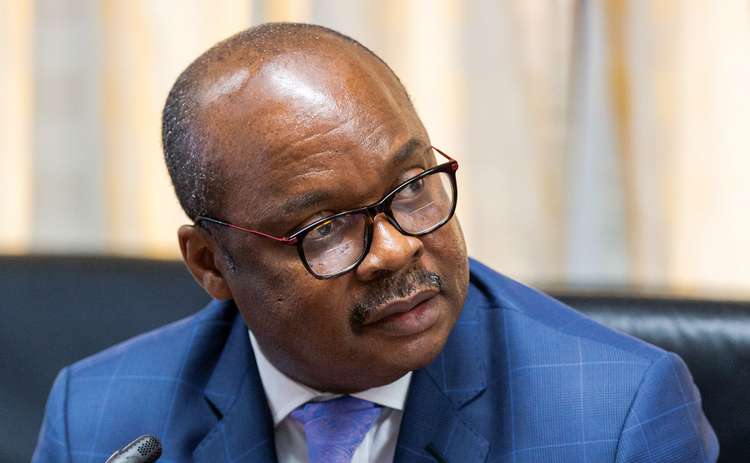
According to the IEA, despite Ghana having numerous rules, the rules have not worked because of lack of political will.
“Let me say that it is not that we have had no rules at all in fiscal and monetary management. In fact, I can mention a couple of them, such as the Public Financial Management Act, the Bank of Ghana Act, the Fiscal Responsibility Act and the relevant provisions in the 1992 Constitution, which represent attempts to introduce rules in our fiscal and monetary management system.
“However, there are serious questions regarding not only their enforcement but their effectiveness as well. And that is the reason we feel strongly about the need to give constitutional backing to some of these rules.”
Institute of Economic Affairs
Steve Hanke Urged Government To Form Currency Board
Meanwhile, it can recalled that Steve Hanke, an American Economist, called for a currency board to combat galloping inflation and economic challenges.
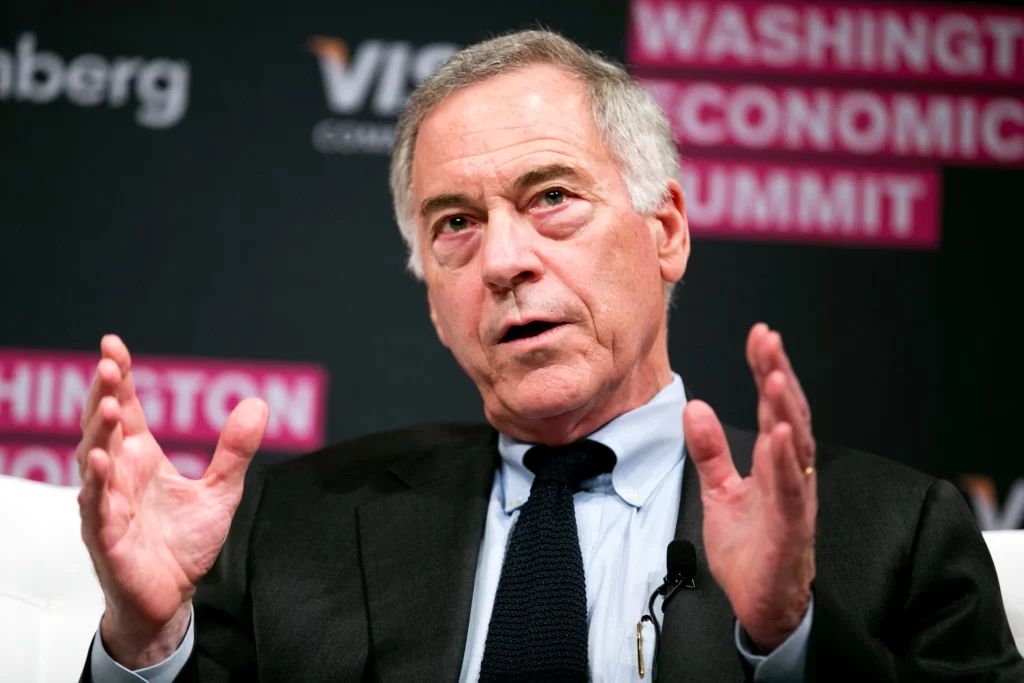
According to Steve Hanke, Ghana needed a currency board (monetary authorities) to maintain the fixed exchange rate in relation to the foreign currencies.
Touching on the prevailing challenges, Mr. Hanke pointed out that Ghana’s economy was heading towards failure by using the terminology ‘going down the tube’.
Hanke was also very critical of government’s resort to the International Monetary Fund (IMF) amid an economic crunch – that government partly blamed on aftershocks of the COVID-19 pandemic and the Russia-Ukraine war.
Read also: Financial Expert Projects Persistence In Bank Losses In The Coming Years




